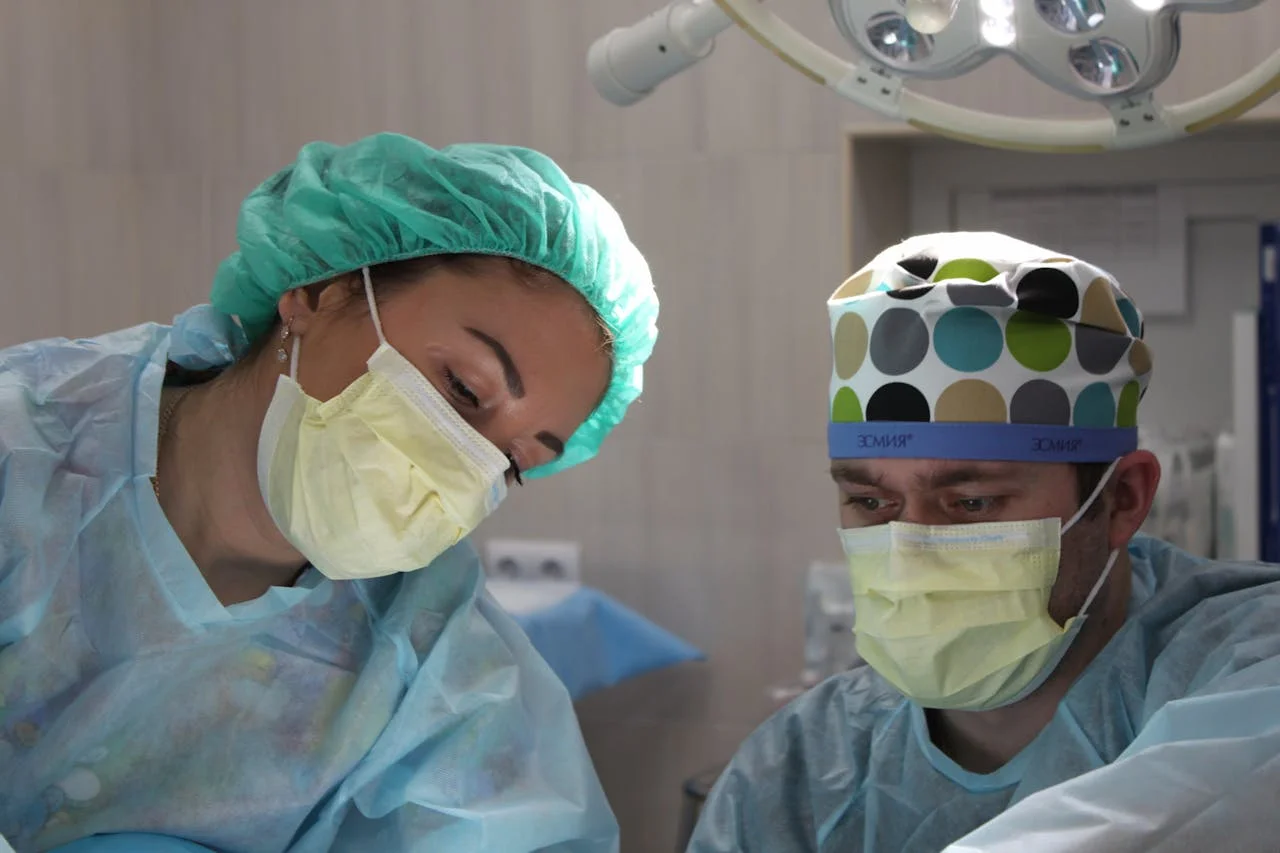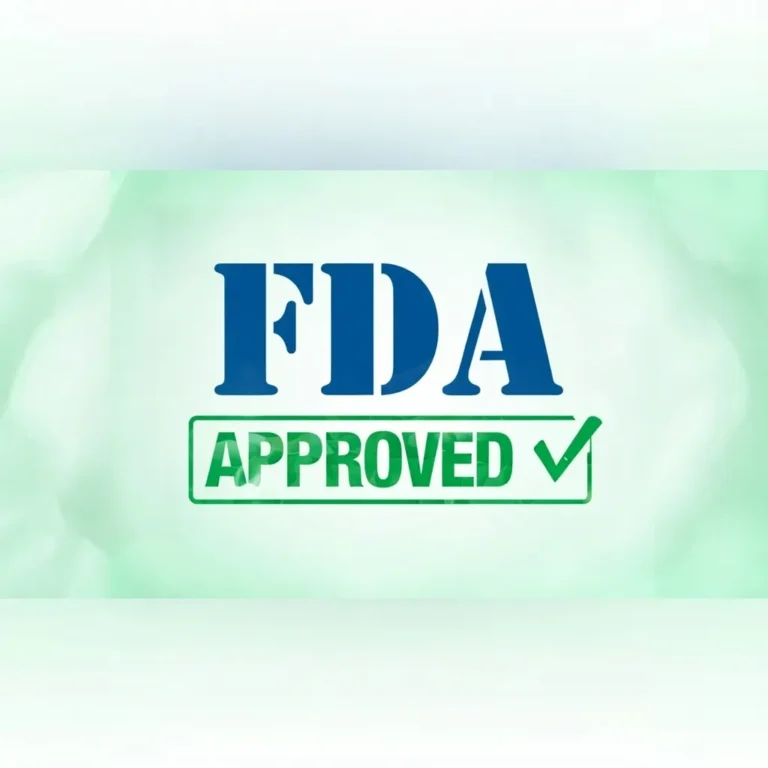
Merck, also known as MSD outside of the United States and Canada, has announced today that the European Commission (EC) has granted approval for KEYTRUDA, Merck’s anti-PD-1 therapy. This approval allows its use in combination with platinum-containing chemotherapy as neoadjuvant treatment, followed by continued monotherapy as adjuvant treatment, for resectable non-small cell lung cancer (NSCLC) at high risk of recurrence in adults.
The EC’s decision comes after a positive recommendation from the Committee for Medicinal Products for Human Use in February 2024 and is based on findings from the Phase 3 KEYNOTE-671 trial. The trial showed that the combination of KEYTRUDA and chemotherapy in the neoadjuvant setting, followed by KEYTRUDA as monotherapy post-surgery, significantly improved overall survival (OS). It reduced the risk of death by 28% compared to placebo plus chemotherapy, regardless of PD-L1 expression. Patients on the KEYTRUDA-based regimen experienced a median OS that was not reached, compared to 52.4 months for those on the chemotherapy-placebo regimen. Additionally, the KEYTRUDA-based regimen showed a 41% reduction in the risk of disease recurrence, progression, or death compared to chemotherapy-placebo, with a median event-free survival (EFS) improvement of nearly two and a half years.
Dr. Solange Peters, chair of the medical oncology and thoracic malignancies department at Centre Hospitalier Universitaire Vaudois, Lausanne, Switzerland, highlighted the significance of this approval in providing a new treatment option for patients with resectable NSCLC at high risk of recurrence.
This approval permits marketing of the KEYTRUDA regimen for this indication across EU member states, Iceland, Liechtenstein, Norway, and Northern Ireland. With this, KEYTRUDA is now approved for six indications in NSCLC and 27 indications overall in the EU. The U.S. FDA had previously approved KEYTRUDA for similar indications in October 2023.
Marjorie Green, senior vice president and head of oncology, global clinical development, Merck Research Laboratories, expressed excitement about this milestone, emphasizing the importance of advancing treatments for earlier stages of lung cancer. Merck plans to seek additional approvals for this regimen globally and collaborate with the cancer community to promote earlier diagnoses of lung cancer.





